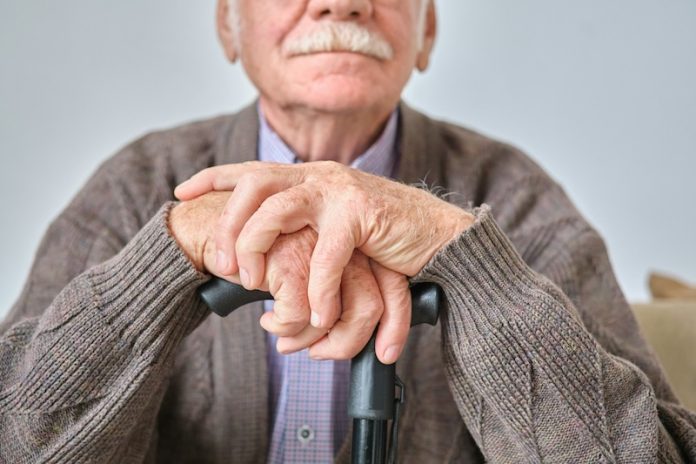
Dementia is a condition that often causes fear and confusion, as it goes beyond just memory loss. It slowly takes away a person’s ability to think clearly, remember things, and make sense of the world. For many, it raises the question: Do people with dementia realize they have it?
This is a complicated question with answers that vary from person to person. Understanding the science behind dementia can help shed light on this issue. Dementia isn’t a single illness but a term for a group of symptoms caused by diseases that damage the brain.
Alzheimer’s disease is the most common type, but there are others, like vascular dementia or Lewy body dementia. All these conditions cause a gradual decline in brain function, which affects memory, reasoning, and awareness.
One key factor in this discussion is something called “anosognosia.” This word comes from Greek and means “not knowing about illness.” It describes a situation where a person is unaware they have a health problem, including dementia.
Anosognosia is not the same as denial, where someone might refuse to accept a problem despite knowing it exists. Instead, anosognosia happens because damage in certain parts of the brain prevents a person from realizing there is anything wrong.
In dementia, awareness of the condition often depends on how far the disease has progressed. In the early stages, many people notice that they’re struggling with things like remembering names, following conversations, or performing everyday tasks.
This can be very upsetting and even lead to feelings of sadness or frustration. Some people might develop anxiety or depression because they’re aware of their difficulties. They may worry about the future or feel embarrassed by their struggles.
As the disease worsens, awareness often fades. This happens because dementia spreads to areas of the brain responsible for self-reflection and insight. In the later stages, many people lose the ability to recognize their cognitive problems altogether.
While this lack of awareness can be distressing for family members or caregivers, it may also protect the person with dementia from the emotional pain of understanding their decline.
There are times when this unawareness creates challenges. For instance, someone with dementia might insist they’re fine and refuse help, even when they clearly need it. This can make it harder for caregivers to provide the right support.
On the other hand, for the person with dementia, not being aware of their condition might bring a sense of peace by shielding them from worry or fear.
Researchers have tried to find ways to improve awareness in people with dementia, but the results have been mixed. Some activities, like personalized therapy or memory exercises, have shown promise in helping people better understand their condition.
However, increasing awareness isn’t always the best solution. For some, it might bring back feelings of sadness or fear, so it’s important to balance awareness with comfort and dignity.
In short, whether someone with dementia knows they have it depends on the individual and the stage of their illness. Early on, they might be very aware of their struggles, which can lead to emotional challenges.
As the disease progresses, awareness often fades, which can have both positive and negative effects. For caregivers and family members, understanding this journey can help them provide more compassionate and supportive care.
It’s essential to focus on preserving the dignity and quality of life of the person with dementia, no matter where they are in the progression of the disease.
If you care about brain health, please read studies about Vitamin B9 deficiency linked to higher dementia risk, and cranberries could help boost memory.
For more information about brain health, please see recent studies about heartburn drugs that could increase risk of dementia, and results showing this MIND diet may protect your cognitive function, prevent dementia.
Copyright © 2024 Knowridge Science Report. All rights reserved.



